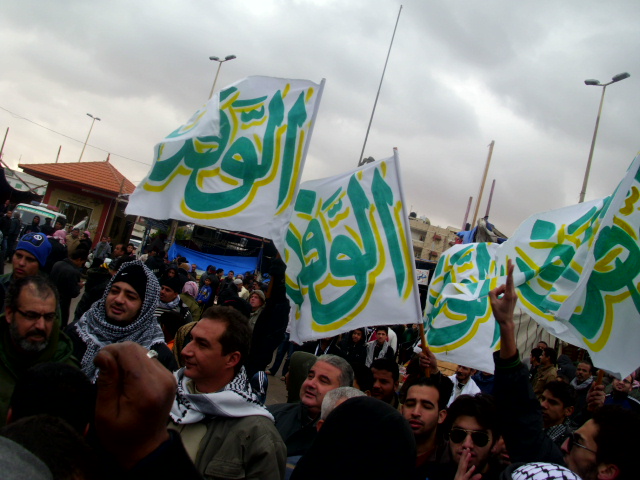CAIRO: Egypt sent a delegation to Iraq this week to check the diplomatic compounds and examine the technical, managerial and security aspects of reopening an embassy in Baghdad.
Cairo closed down its embassy in 2005 after its ambassador to Baghdad Ihab A-Sharif was kidnapped and killed in 2005.
Egypt is one of several Arab countries considering upgrading diplomatic ties with Baghdad after embassies were closed down or scaled back after the United States-led invasion of Iraq in 2003.
Four Arab countries have named ambassadors to Iraq over the past two months, a move that indicates the war-torn country is gaining stronger diplomatic grounding among its Arab neighbors.
The United Arab Emirates, Jordan, Bahrain and Kuwait will send ambassadors to Iraq, and other countries are considering similar moves.
The Egyptian delegation headed for Iraq the same week Jordan’s King Abdallah II paid an unprecedented visit to the country this week, and was the first Arab leader to go to Baghdad since Saddam Hussein’s regime was toppled in 2003.
Jordan closed its embassy after a bombing hit the embassy in 2003, killing 17 people. A new ambassador has since been named but it is unclear when he will take up his position.
UAE Foreign Minister Sheikh Abdallah Bin Zayyid Al Nahyan visited Iraq in June, the first visit by a Gulf official in five years. The UAE closed its embassy in Baghdad in 2006 after one of its diplomats was abducted and held for nearly two weeks.
Arab states have been reluctant to restore full diplomatic relations and send ambassadors to Baghdad because of the dangerous security situation and also because the government is dominated by Shias and is viewed as swaying towards Shia Iran.
The restoration of diplomatic relations is a result of the improving security situation in Iraq and also recognition from Arab states that they need to be more involved on the ground if they want to play a significant role in Iraq’s development and future, said Dr. Christian Koch, director for International relations at the Dubai-based Gulf Research Center.
The United States wants to see more of its Sunni Muslim allies in the region forging stronger ties with Baghdad to form a counterpoint to the non-Arab Shia Iran and also to prove that its mission has been a success in Iraq.
“It legitimizes the role the US is taking in Iraq and certainly, with regard to US policy and the surge strategy, it’s an acknowledgment that American policy there has been a success, Koch told The Media Line.
However, he did no believe the decision to upgrade diplomatic relations was a direct result of American pressure.
“It’s recognition by the Arab states that they want to play a more active role in Iraq, and therefore this is a necessary step, he said.

